From the Executive Director: Week of January 25
25 Jan 2021, by Seth Grigg Share :Property tax reform is on deck in the Idaho Senate. Last week, the Senate Local Government and Taxation Committee introduced legislation to impose additional limitations on annual property tax budget increases. Simply put, Senate Bill 1021 proposes capping annual property tax budget increases in counties with less than 2% new construction growth at 3%. For counties with greater than 2% new construction growth, annual property tax budget increases would be capped at 4% (inclusive of a new base budget increase tied to annual growth in the CPI plus new construction). The respective 3% and 4% caps would also include any previously forgone property taxes.
IAC knows that the impacts of Senate Bill 1021 will vary greatly from county to county. The impact on your county will depend on your unique circumstances, including annual growth in new construction, the interplay of fund level levy caps, and the availability of previously forgone property taxes. Because of the uniqueness of your situation, you are best positioned to educate your legislators on the impact of Senate Bill 1021 on your county. Please take time this week to reach out to your senator(s) and discuss the impact Senate Bill 1021 will have on your county and your taxpayers.
Senate Bill 1021 is being advanced as a solution to rising property taxes in Idaho. While growth in local government property tax budgets plays a role in annual property tax increases, it is only part of the equation. School districts continue to pass supplemental levies and voter approved bonds which make up nearly 20% of annual property taxes collected. Property taxes collected on behalf of schools including all school levies account for over 30% or property taxes. Let that sink in. If the Legislature were to fully fund K-12 operational and facility needs; thereby removing the need for supplemental levies and voter approved bonds, Idaho property taxpayers would see property taxes reduced by 20%.
Another mounting problem the Legislature has yet to deal with is the rapid run up in residential market values. Yes capping budgets will slow some growth in property taxes paid by homeowners, but not at the rate the Legislature expects. So long as growth in residential values outpaces growth in agricultural, commercial, and timber market values, property taxes paid by residential property owners will continue to increase at disproportionate levels.
In order to truly address rising property taxes, the Legislature needs to address issues like education funding, increasing the property tax reduction program to help senior citizens on fixed incomes, and indexing the homeowners exemption with annual inflation. Until the Legislature gets serious about funding education, the property tax reduction program, and rising residential home values, property taxes will continue to rise.






